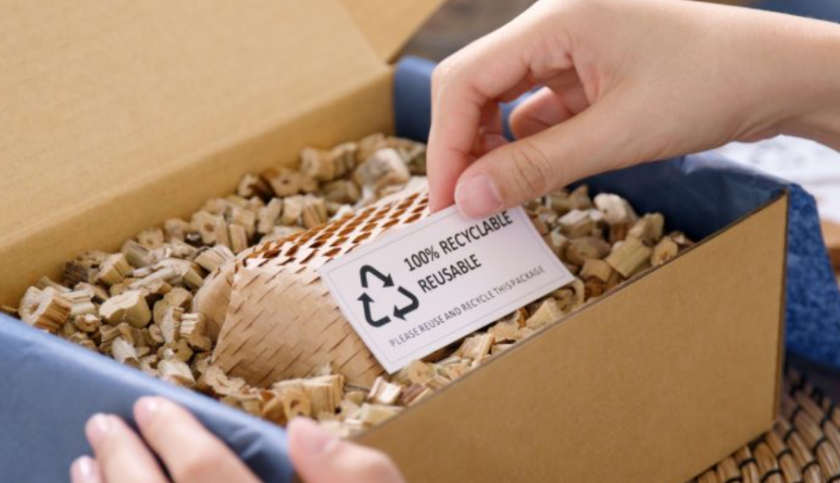In what is possibly the largest and most severe plastic ban, Mumbai has issued a ban on single-use plastic bags, cups and bottles. While the size of Mumbai (population: 12.4 million) is enough to make this big news, it’s the way that officials are carrying out the ban that stands out the most.
According to the Guardian, city council inspectors will be stationed throughout the city to look for businesses or citizens using plastic bags. They’ve already handed out penalties for businesses, including McDonald’s and Starbucks.
For residents, the penalty for being caught using plastic bags can be as severe as fines up to 25,000 rupees (about $363) and three months in jail.
Residents are concerned that such a quick, dramatic shift in their daily lives will be hard to carry out.
“For the pollution situation it’s fine to do this, but for the people it is a big problem,” one resident told the Guardian. “People here carry everything in plastic bags.”
Also, the corruption in India’s law enforcement branches is another concern. The Times of India reported that city council inspectors have been using unfair implementation practices or misunderstanding of the guidelines to extort money from businesses.
Via the site:
Mall stores in Chembur, Ghatkopar and Mulund were penalized 5,000 rupees each for reusable plastic tubs used to stock candy floss, and for kulfi wrappers that are packaged by manufacturers and therefore not prohibited for use. The manager of the candy floss outlet said, “We were shocked when 30 inspectors arrived at our stall and asked us to cough up 5,000 rupees for our plastic installation containing candy floss. When we tried to argue they said they would charge us 5,000 rupees for each of the five boxes, which amounts to 25,000 rupees. So we apologized and paid 5,000 rupees that they had initially demanded.”
Others have described first-hand accounts of unethical practices on social media.
Plastic ban Mumbai.. it was raining very heavily yesterday so my friend had a plastic bag and he was caught by municipal authority he was ready to pay rs 5000 fine but the officer said pay me certain amount and… https://t.co/DGLR2G4iAy
— Nayan Bhagat (@nayan07) June 28, 2018
The government, on the other hand, said the harsh crackdown is already yielding positive results. Mumbai’s government said that only 8 percent of establishments inspectors have visited were using banned plastic.
Despite a reputation for high levels of pollution, India’s plastic usage is relatively low. It’s per capita annual average is only about 24 lb., compared to about 240 lb. in the U.S.
However, India has one of the highest rates of plastic mismanagement in the world. A 2015 Earth Day study ranked the country at 12th worst in the world, with 87 percent of its waste being mismanaged, including 1.9 percent of that being plastic.
In the meantime, to avoid the strict penalties, Mumbai residents and businesses are using more jute or cloth tote bags, but street vendors are struggling to find materials to wrap meat with.
A megacity like Mumbai passing legislation like this and implementing it so quickly, and with such harsh penalties, sets a precedent for other cities and nations looking to ban single-use plastic. Paired with legislation in the likes of New York City, it shows that the movement is starting with enormous global cities first, and could trickle down to smaller municipalities from there.



